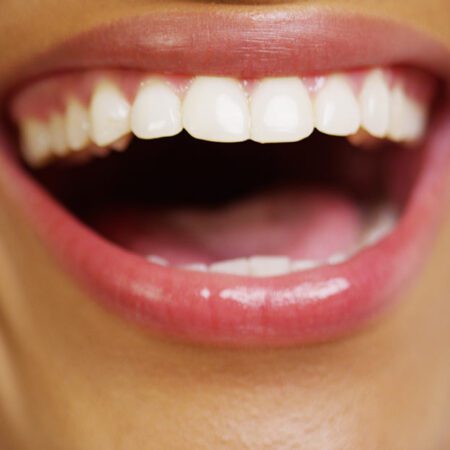Why You Need A Good Night’s Sleep

Sleep Well To Protect Your Body and Brain
Good quality, consistent sleep is one of the most important things you can do to protect your physical and mental health. It’s so important that in 2007 the World Health Organization recognized shift work that disrupts regular sleep patterns as a probable carcinogen.
“The shorter your sleep, the shorter your life,” says Matthew Walker, professor of neuroscience and psychology at the University of California, Berkeley, and director of the Center for Human Sleep Science. “Sleep is a non-negotiable biological necessity. It is your life support system, and it is Mother Nature’s best effort yet at immortality.”
Here’s why sleep is so important to your health and how to achieve better sleep.
How does sleep affect the brain?
There’s a lot going on in your brain when you’re asleep. Brain waves move information from your short to long term storage. This process helps preserve learning and memories. Think of it like the save button on your computer. Without sufficient sleep, your brain has difficulty organizing and retaining the information it gathers during your day.
Getting a good night’s sleep also clears away toxins that build up in your brain during the day and helps prepare your brain to absorb information. Without sufficient sleep, the brain is unable to carry out these critical functions. Over time, lack of sleep can contribute to cognitive decline.
How does sleep affect the body?
Good sleep is also essential for the body. Study shows that sleep deprivation can contribute to many health risks, including high blood pressure, diabetes, depression, obesity, compromised immunity, and decreased metabolism.
While you sleep, your body’s internal organs and tissues are hard at work, healing and restoring themselves. Sufficient sleep also helps protect your body’s vital systems, including cardiovascular, reproductive, and immune. Too little sleep for even one night can reduce immune cell activity significantly, potentially linking lack of sleep to a list of cancers, including bowel, prostate, and breast.
What is good sleep?
The idea that you can catch up on missed sleep is – unfortunately – not true. Once sleep has been lost, the harm to your physical and mental health has been done. The only way to prevent ongoing damage is by establishing a consistent sleep practice.
The National Sleep Foundation recommends that adults ages 18 to 64 get between seven and nine hours of sleep every night. It’s also a good idea to sleep during the same hours as much as possible whether it’s a weekday or weekend. This will help you establish a good sleep practice.
How can you improve your sleep?
If you’re someone who struggles with getting good quality shut eye on a consistent basis, there are things you can do to help yourself get better sleep.
Think about sleep as something you do to prepare for the next day – rather than as a recovery method. This mindset shift will help you prioritize sleep, making it an essential part of your overall wellness toolkit.
Cool off your sleep space. The body’s internal temperature changes throughout a 24-hour period. This is known as your circadian rhythm. While you’re sleeping, the body’s temperature drops. If the room is too hot or cold, it will disrupt your body’s natural cooling off process. Maintaining a cool sleep space – ideally around 65°F – will help you stay asleep while this process happens.
Avoid sleep disruptors. Alcohol, caffeine, sugar, and fatty foods as well as phones and other electrical devices are some of the many things that can disrupt sleep. For screens of any kind, set them aside at least 30 minutes before you go to bed and leave them out of the bedroom. For food and drink items, take your final sip or bite a few hours before pillow time or avoid them altogether.
Develop a bedtime ritual. A consistent nighttime routine will prepare your body and brain for rest. This should include activities that help you unwind from your day such as a warm bath with restorative essential oils, a cup of calming (non-caffeinated) tea, and writing in a gratitude journal.
Avoid battling with insomnia. If you are having a restless night, get out of bed, go to another room, and do something different. You want your brain to associate your bedroom with a place for sleep. So, don’t stay in bed if you can’t sleep. Once you’re up, make a list of all your thoughts to help get them out of your brain. Do this without judgement, simply write down everything that’s on your mind. When you can’t think of anything else, it’s time to go back to bed.
Take a nap. Research shows that napping during the day has many benefits, including boosting memory consolidation and emotional stability. So, if you’re having trouble sleeping at night, a nap is a good way to get some extra shut eye. Just remember, napping is not a replacement for a good night’s sleep.
At Nature’s Link Wellness Center, we understand the importance of good sleep. That’s why an analysis of your sleep habits is always an essential part of our natural health consultations in Breaux Bridge, LA. If you’re looking for a customized plan to improve your health using natural medicine in Breaux Bridge, Lafayette, and the entire Acadiana area, schedule a consultation today online or by calling 337-332-2705.




